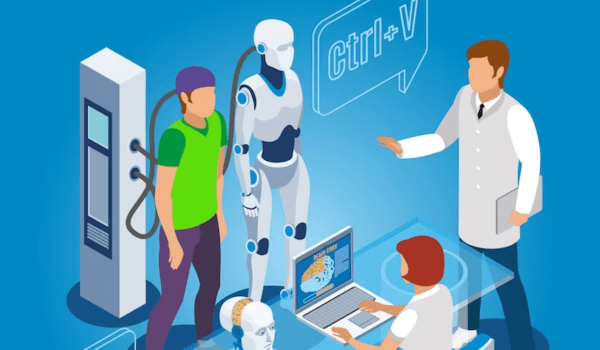GCC nations are turning to generative artificial intelligence (AI) technology to revamp their education systems. ChatGPT, an AI tool released in November 2022, can write essays, screenplays, poetry, and pass some written exams as well. While some educational institutions have banned its use, GCC countries are embracing the new tool as part of their broader AI strategies.
GCC countries are turning to generative artificial intelligence (AI) to transform their education sectors as they seek to diversify beyond hydrocarbon revenues. Saudi Arabia is predicted to have the largest real-term contribution to GDP at $135.2 billion, while the UAE is expected to have the largest relative impact of 14% of GDP in 2030. Other GCC countries, including Bahrain, Kuwait, Oman, and Qatar, are projected to have a collective contribution of $45.9 billion or 8.2% of GDP in 2030.
Although AI is predicted to provide benefits in areas such as retail and healthcare, it is also expected to contribute around $59bn to the public sector, including education, in MENA by 2030.
Several GCC countries, such as the UAE, Qatar, and Saudi Arabia have established national strategies to prepare their economies to integrate AI, and universities have leveraged new technologies to improve educational outcomes. Furthermore, AI chatbot tutors are being used to supplement classroom learning in the UAE.
Furthermore, they’re also organising vocational training programmes to prepare their populations for a future where AI plays a larger role, and such initiatives could help fulfil localisation requirements.
Saudi Arabia plans to train 20,000 data and AI specialists by 2030, with two-thirds of its Vision 2030 goals involving some aspect of data and AI. Bahrain’s Nasser Vocational Training Centre announced its Smart Coders initiative, aiming to train 10,000 Bahrainis to become programmers by 2027. Bahrain ranked first in national female e-inclusion policies, digital skills training, and STEM education in Meta’s 2022 Inclusive Internet Index. The UAE’s Ministry of Education launched a new innovation strategy that includes a platform called Disrupted to help students and professionals embrace new skillsets as the digital economy evolves.
AI is expected to contribute $320bn to the MENA region’s GDP by 2030, with the average growth in its contribution ranging from 20 per cent to 34 per cent in the 2018-30 period.
Value our content... contribute towards our growth. Even a small contribution a month would be of great help for us.
Since eight years, we have been serving the industry through daily news and stories. Our content is free for all and we plan to keep it that way.
Support HRKatha. Pay Here (All it takes is a minute)




































